Delay will miss the opportunity
Speaking at the workshop "International experience and the role of the banking system in the financial center" organized by Banking Times this morning ( April 16, 2025), Mr. Richard D. McClellan, economist , independent consultant specializing in economic policy, financial sector development and investment strategy, said that the delay in building the International Financial Center (IFC) will cause Vietnam to miss a valuable opportunity.
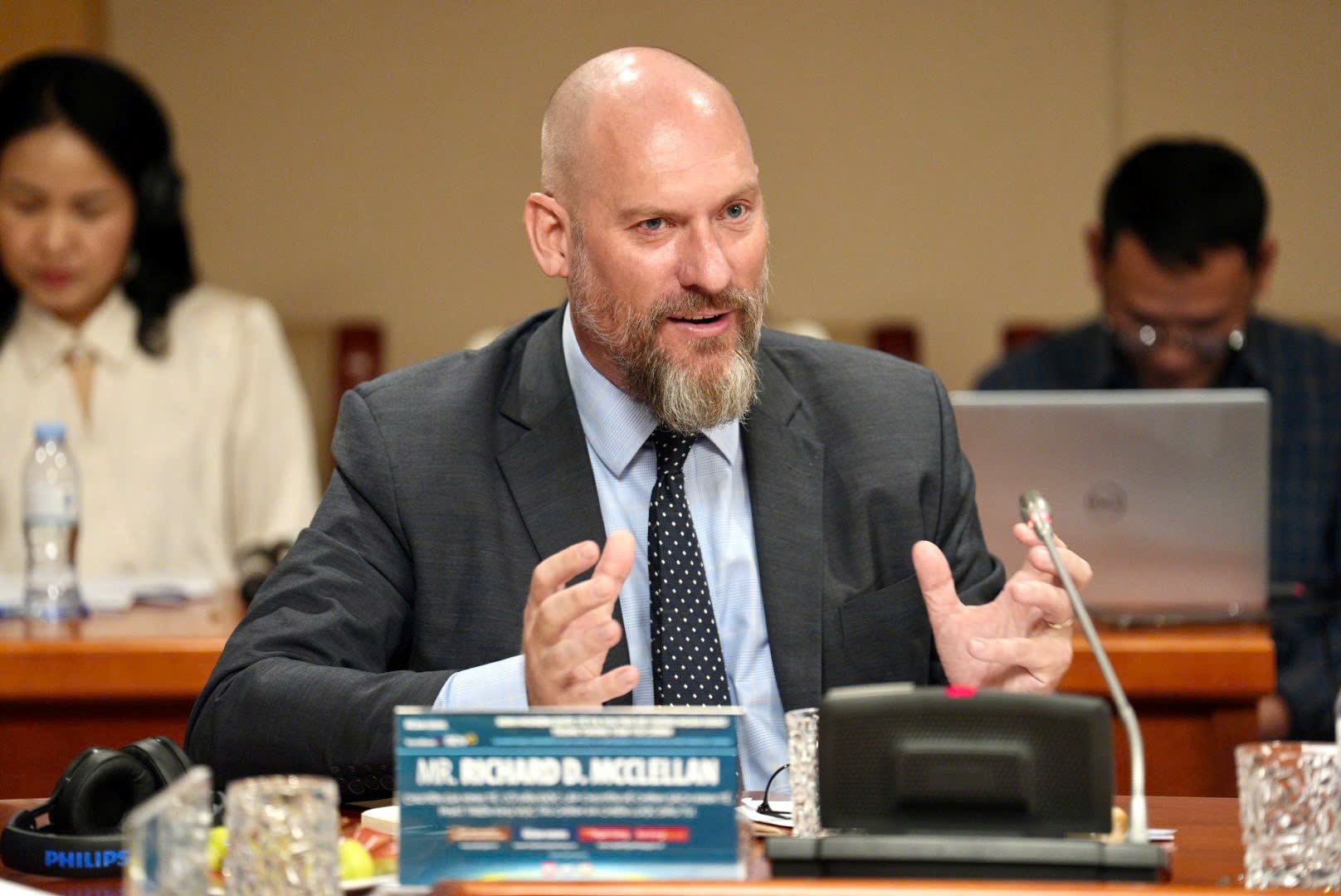 |
| Mr. Richard D. McClellan, economist, independent consultant specializing in economic policy, financial sector development and investment strategy. |
“Intense competition from regional rivals such as Jakarta, Kuala Lumpur and Bangkok, coupled with the risk of falling into the middle-income trap, requires Vietnam to act quickly. Increasingly stringent global standards from FATF/OECD, coupled with the time required for reform, underscore the urgency of immediate implementation. Delays not only affect Vietnam’s ability to attract future investment, but also threaten Vietnam’s long-term growth foundation,” warned Mr. Richard D. McClellan.
According to this expert, establishing an international financial center is not a matter of whether or not to do it, but rather a matter of necessity. However, capital will not naturally flow in when Vietnam announces the establishment of an international financial center. A lot of work needs to be done to attract investors to invest in Vietnam.
Around the world , each international financial center is designed to attract different types of capital. For example, the Singapore International Financial Center focuses on foreign exchange trading and asset management with an open-door policy. The Dubai International Financial Center attracts personal assets and investment funds through tax and legal incentives. The London International Financial Center, characterized by its long-standing financial market, is the center of global banking and complex derivatives trading…
Therefore, first of all, Vietnam needs to determine which capital sources it wants to focus on attracting in order to have appropriate policies. Next, it needs to create a favorable legal corridor for investors (in terms of favorable capital flows, no restrictions on ownership, policies to attract talent, etc.). For investors, the most important thing is that the legal corridor must be "predictable" and consistent.
Sharing more about attracting investors around the world to participate in the International Financial Center in Vietnam, MSc. Luu Anh Nguyet, Deputy Head of the Financial Market Development Department, Institute of Strategy and Economic - Financial Policy, Ministry of Finance , recommends paying attention to the financial center ranking index (GFCI) according to 5 criteria: Business and tax environment, human resources, infrastructure, financial market development, reputation...
According to Ms. Nguyet, the challenge in attracting investors to the international financial center in Vietnam is infrastructure and institutions. Specifically, the socio-economic infrastructure has made positive contributions, but is still lacking in synchronization, traffic is overloaded, and there is an imbalance between types of transportation.
In addition, the legal framework has not met international standards, lacking regulations on cross-border transactions and investor protection. Regional competition is also increasingly fierce as other international financial centers have strong foundations and attractive attraction policies. In addition, Vietnam has not fully liberalized finance, and has limitations in technology and cybersecurity.
According to experts, the first thing to do when building an international financial center is to perfect a flexible and modern institution. Specifically, build a transparent legal framework, in line with international practices, allowing for testing of new models such as fintech and digital platforms. At the same time, apply the sandbox model like Singapore with a fast licensing process and good investor protection. At the same time, strengthen risk monitoring according to international standards, ensuring market stability and transparency.
Second, develop financial and technological infrastructure, including building a modern, globally connected payment system, developing a digital financial zone, supporting start-ups and fintechs to test new services; applying AI, blockchain, big data in transactions, data management and financial security.
Third, regarding tax policy, it is necessary to exempt/reduce corporate income tax and personal income tax for organizations and individuals operating in international financial centers. It is possible to learn from the experience of some countries such as Türkiye, which has exempted corporate income tax, banking transaction tax and insurance for businesses in international financial centers. At the same time, it is necessary to propose outstanding incentives for foreign banks to move their headquarters and branches to Vietnam.
Fourth, it is necessary to simplify administrative procedures, reduce registration and licensing procedures for foreign financial institutions; develop high-quality human resources, cooperate with universities and research institutes to provide in-depth training in finance, technology, data analysis, etc. In addition, it is necessary to attract international experts in the fields of banking, finance, fintech; apply special visa policies for global talents working in the field of digital finance.
Vietnam has not raised the issue of capital account liberalization.
One of the issues that foreign investors are most concerned about when participating in the international financial center in Vietnam is capital account liberalization. However, Mr. Nguyen Duc Long, Director of the Department of Credit Institutions Safety, State Bank of Vietnam, said that capital account liberalization could lead to sudden capital withdrawals, causing macroeconomic instability.
According to Mr. Long, establishing an international financial center is a major and important policy, but it is also a difficult and complicated issue for Vietnam.
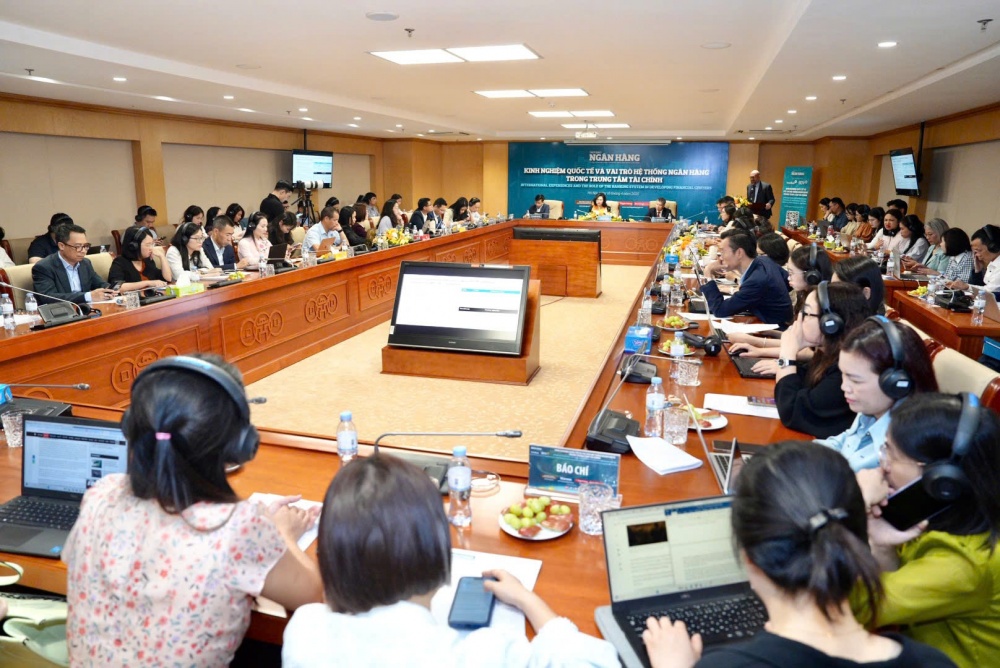 |
| Experts give comments at the Workshop "International experience and the role of the banking system in the financial center" on the morning of April 16 |
In the world, long-standing international financial centers in developed countries have very liberal legal corridors. International financial centers that were established later in countries with lower starting points also have liberal legal corridors. However, in Vietnam, there are very strict regulations to ensure macroeconomic safety.
For example, in other countries, regulations on capital transaction liberalization are a major condition for establishing an international financial center. However, Vietnam has not yet liberalized its capital account and has very strict regulations on inflows and outflows of money. Furthermore, Vietnam's international commitments with trade partners still have requirements on market protection. In Vietnam's current conditions, opening up to foreign financial institutions is very strictly regulated.
So the question is how to create a legal framework to ensure the financial center operates effectively, but still ensure macroeconomic safety. And if capital account freedom and local currency convertibility are not allowed, what will financial institutions do in the international financial center in Vietnam?
According to Mr. Long, in the international financial center, financial institutions will not provide many financial services but will focus on providing new services, according to international practices. Therefore, the State Bank will also apply higher management standards to financial institutions operating in the international financial center, such as having to report financial statements according to international accounting standards, having to comply with advanced Basel II, etc.
Source: https://baodautu.vn/trung-tam-tai-chinh-quoc-te-phai-co-chinh-sach-tao-niem-tin-cho-nha-dau-tu-d268792.html























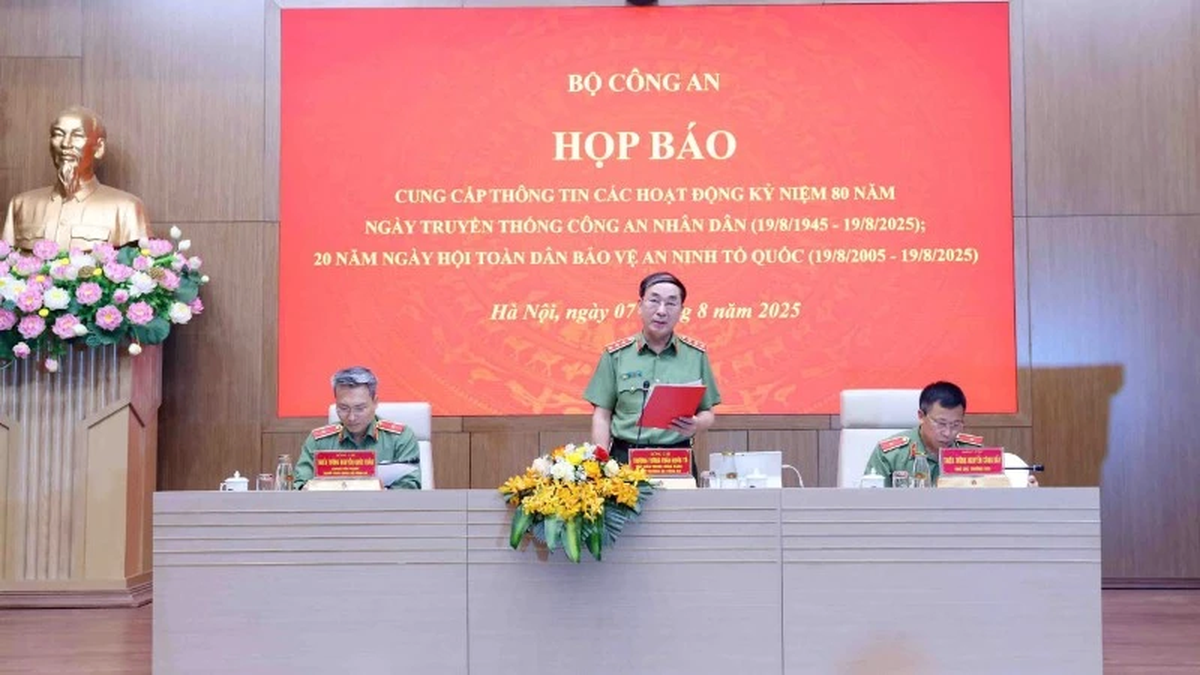


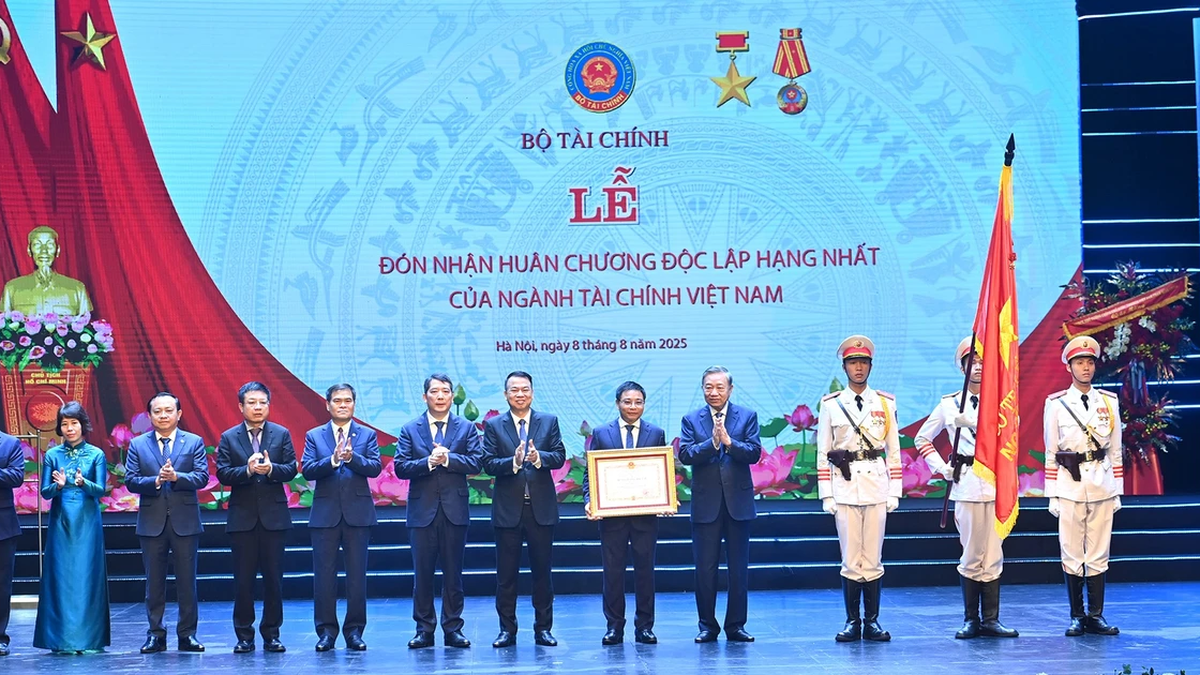

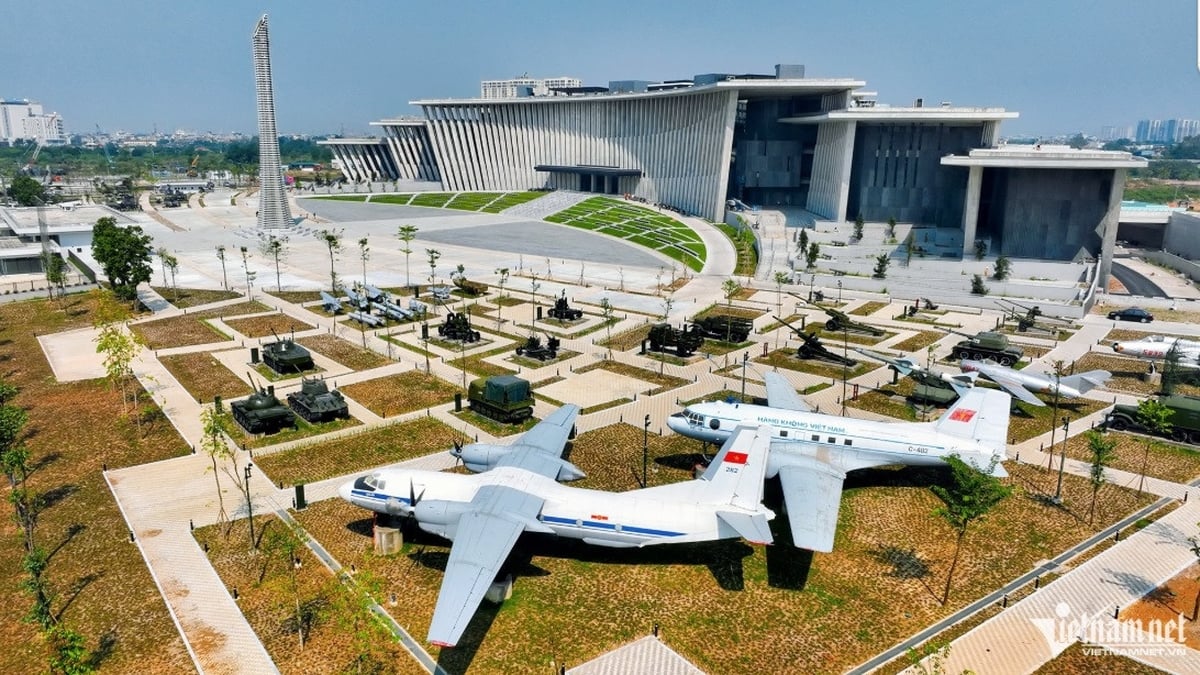

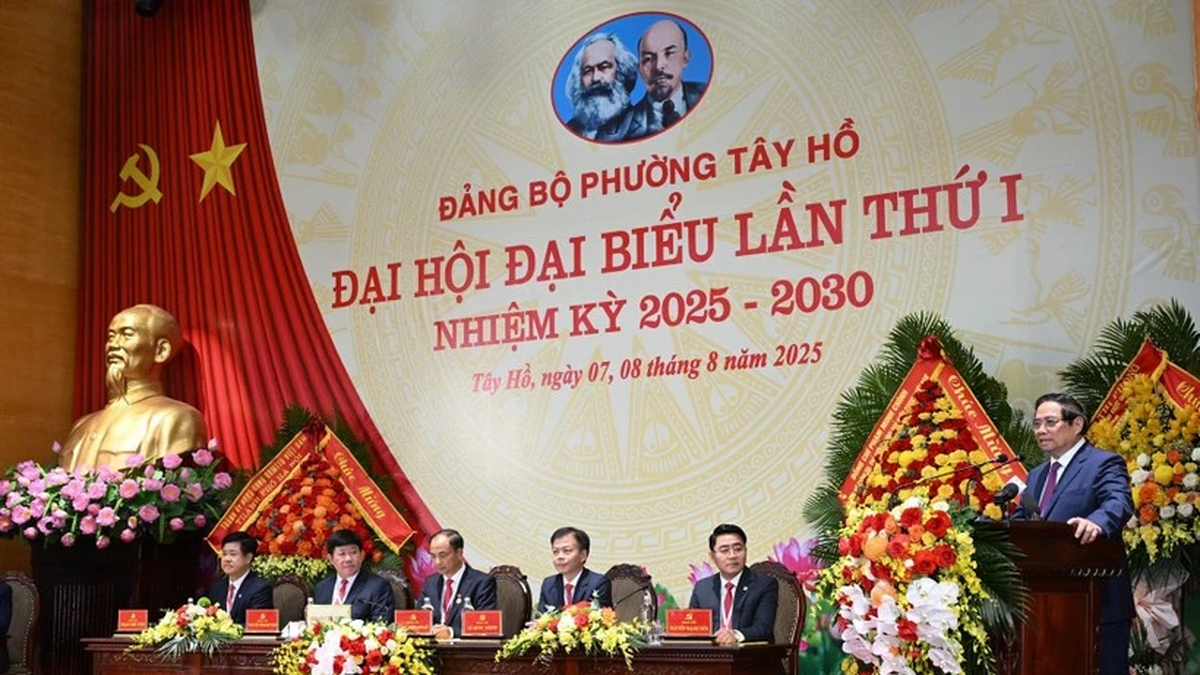
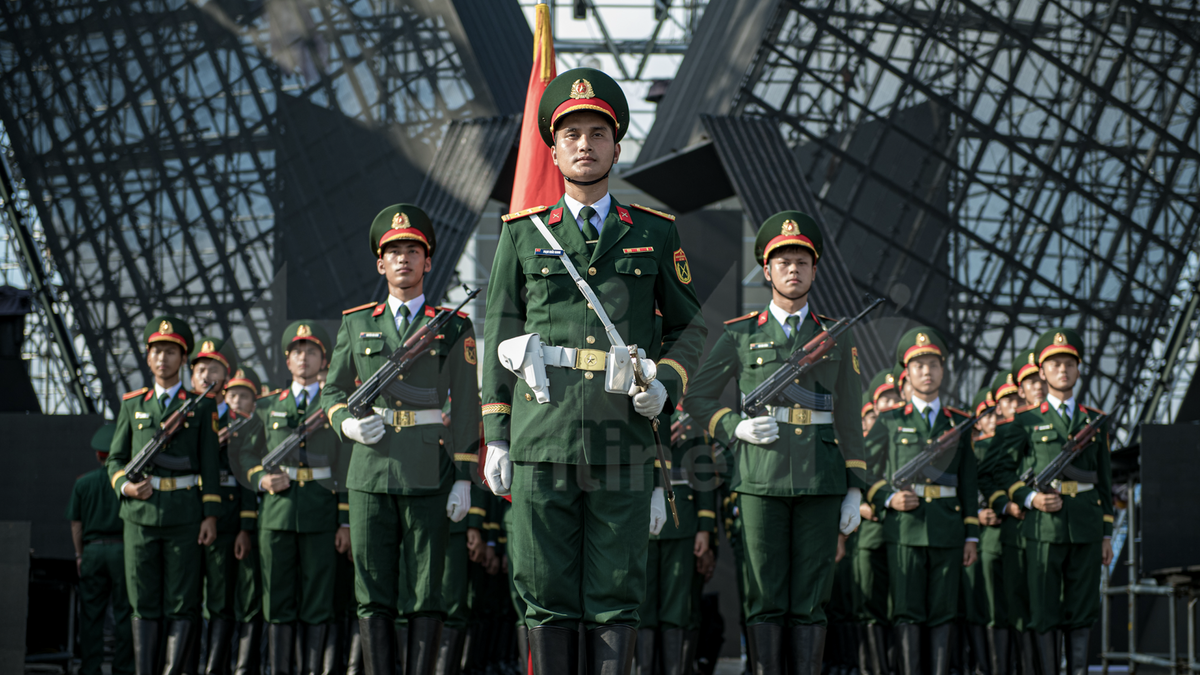




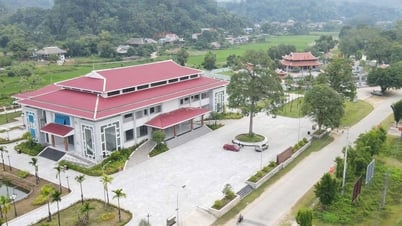







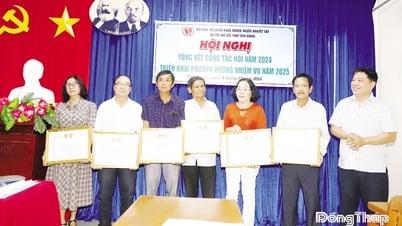
















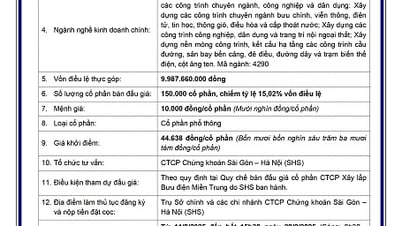
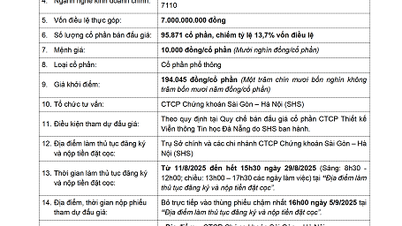

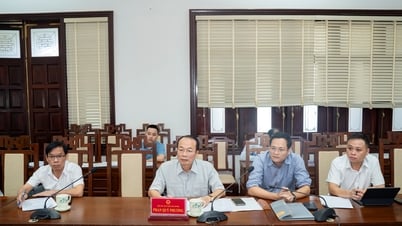
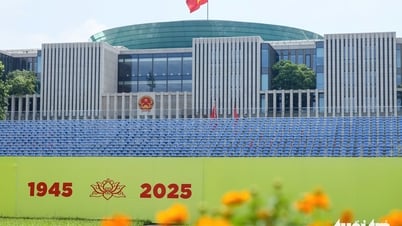




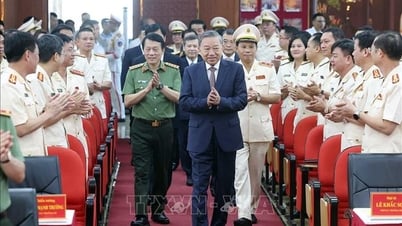


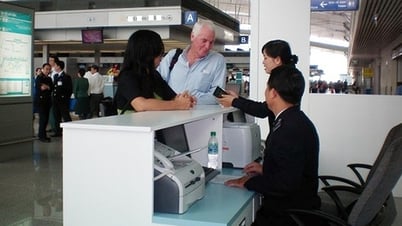



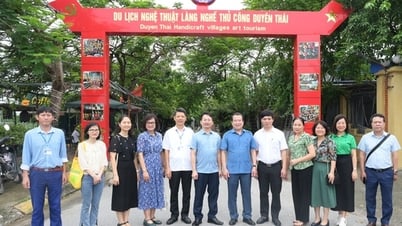
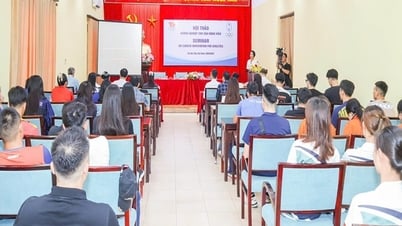
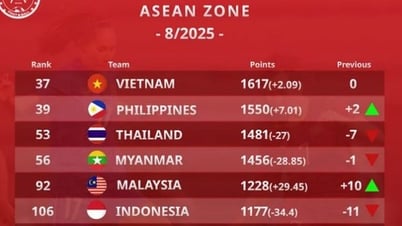


















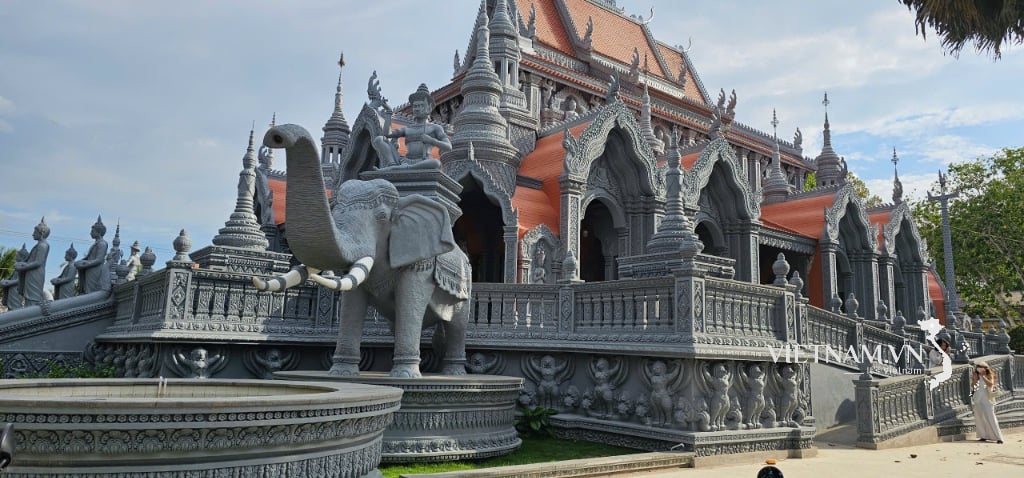



Comment (0)